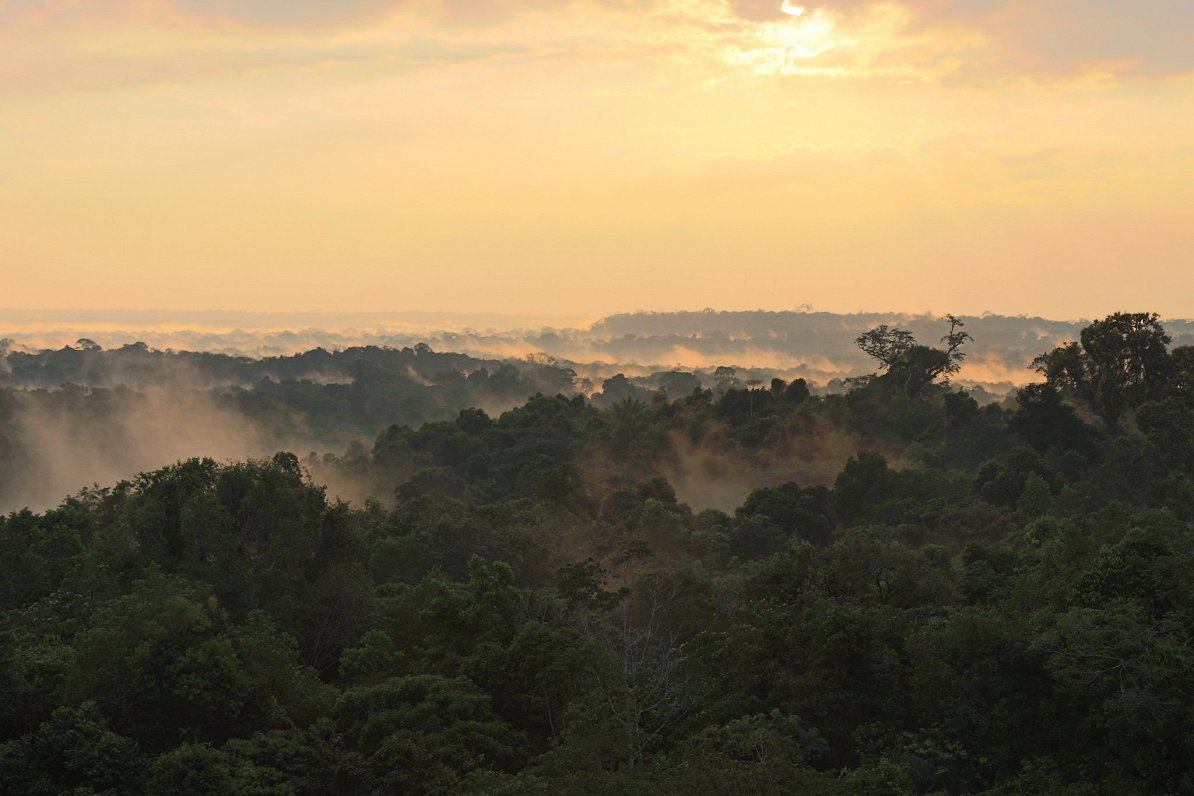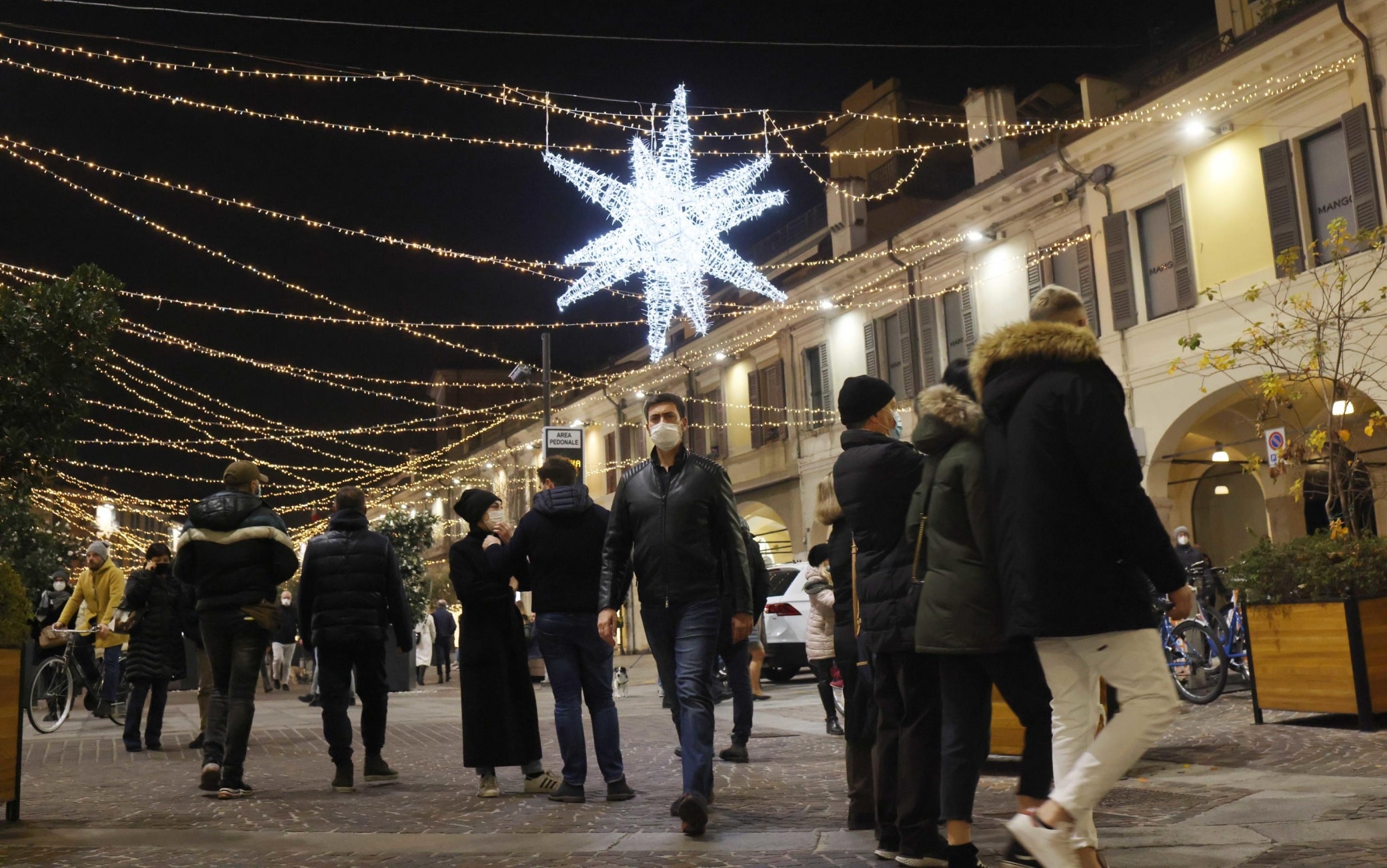I ask the government to quickly make proposals to me to reaffirm the bond of trust that must naturally exist between the French and those who protect them and to fight more effectively against all forms of discrimination.
, recently asked President Macron. He was reacting to dissemination of images of the beating, by police officers, of the music producer, black, Michel Zecler. Since 2002, we have engaged in increasingly authoritarian policies, more repressive laws. The situations are more tense and create discontent on both sides
, observe Christian Mouhanna, researcher at the CNRS and member of the Center for Sociological Research on Law and Penal Institutions (Cesdip). It evokes avenues for re-establishing the link between police and population. Interview.
Is police violence on the increase or is it more visible due to the explosion of digital tools?
What our studies show us since the 1980s and 1990s is that there are fewer violence police officers than in the past. There are a lot of things the police don’t allow themselves anymore. But at the same time, equipping the population with smartphones has reversed the perspective, generating an “unveiling” effect. These violence are now more and more difficult to deny.
Recent images (producer beaten up, brutal evacuation of a migrant camp, violence during the mobilization of November 17 against the Global Security bill) fuel the suspicions of a structurally violent, even racist police. Is this a taboo question?
The tendency is often to say that these are isolated acts, the fault of this or that agent. We individualize without asking ourselves: “in what way does the institution promote or not this violence?” “. However, when we set up Anti-Crime Brigades (Bac) rather than local police officers on foot to manage relations in certain neighborhoods, we opt for a rather authoritarian strategy, which favors force. Just like when we choose Prefect Lallement to manage the police in Paris. We make the choice of the balance of power and not of a police force oriented towards service to the population, discussion etc. We have authorities that do not prevent violence and can even sometimes encourage it.
Read also: Police violence: return to a black series that embarrasses the government
Is this also the case with racism?
Police officers are not all racist, but when the pursuit of illegal aliens becomes the essential part of the work of many police officers and gendarmes, they are necessarily inclined to build their work on the idea that it is necessary to fight against The foreigners.
Does being a police officer and being able to legitimately resort to violence necessarily expose people to slippage?
Using violence as a police officer is a right, but violence must always be proportionate and have specific objectives. Normally, you only use force if you can’t help it. But with the arrival of Nicolas Sarkozy at the Ministry of the Interior in 2002, a change of logic. The use of force has become more systematic. But there are plenty of situations outside, of course, terrorism or organized crime, which does not require force, but dialogue, exchange, prevention, or intelligence. Some policemen forgot it.
Is there a training problem?
Yes, continuing education. And strategy: we send young people into the field who have not necessarily learned to manage situations with serenity. Which brings us to the question of recruitment: if we only recruit people who want to go to the box, to the castagne, it cannot work. We should send hierarchy or experienced officials more often into the field, who know that solving a problem does not have to be sticking out or spraying people with gas.
The risk, in the current situation, is it not to oppose police violence that affects citizens with those of which the police are victims and ultimately, of not hearing either one or the other?
Exactly. Since 2002, we have engaged in increasingly authoritarian policies, more repressive laws. The situations are more tense and create discontent on both sides. We should think collectively. We know the avenues, these are in particular the reflections on a real community policing, with citizen participation in police activity.
Except that…
We have been talking about it since the local police in 1997. We can even go back to a Peyrefitte report (far from being a leftist) from 1977. But since then, policies have all gone in the opposite direction: the balance of power, authority , the lack of discussion. It rubs off on politics. The management of the beginning of the movement of Yellow vests is emblematic: the movement is not, a priori, radical or violent. But by dint of treating the demonstrators only in a police mode, we participate in a radicalization of part of the population.
Another avenue for improving police / population links would be to reform the IGPN. An old sea serpent …
The “police police” will always be suspected of lacking independence since police officers investigate other police officers. The key word would be to establish more transparency. But the police unions, very powerful, oppose it and impose their views on the government. However, we would benefit from adding lawyers, magistrates, perhaps elected citizens …
The choice of a Minister of the Interior, Gérald Darmanin, on a very safe line, consolidates the police unions in their postures?
Gérald Darmanin remade what Nicolas Sarkozy did in 2002, before being elected president in 2007. Except that the environment has changed. There is a very strong mobilization of the media, of opinion on the issue of police violence, there is Theo affair. But we have the impression that some police unions, some government officials, have not realized this. When Gérald Darmanin says that journalists will have to report to the prefecture during demonstrations, we wonder where we are? It is a management completely out of step with reality.
Read also: “Global security” law, violence and demonstrations: how is the executive going to deal with it?
The comprehensive security bill added fuel to the fire …
To suggest that we will be able to control all the images of the police is an illusion. While we already have the entire legal arsenal against the dissemination of malicious images. Why are we making this law? Because, little by little, we will slip in small details that will allow more control. We know that police practices are often ahead of the law. Already today, it is not uncommon for police to prevent journalists from filming.
– .


